Lagos, Kaduna, Abia, and 27 other state governments spent N968.64 billion on recurrent expenditures, including refreshments, sitting allowances, and other costs, in the first quarter of 2024.
This spending pattern has raised concerns about financial prudence amid Nigeria’s economic challenges.
Join our WhatsApp ChannelSignificant Recurrent Expenditures
Data obtained from Open Nigerian States, a repository for public budget data supported by BudgIT, shows that the 30 state governments collectively spent N5.1 billion on refreshments for guests, N4.67 billion on sitting allowances, N34.63 billion on local and foreign travel expenses, and N5.64 billion on utility bills within the first three months of the year.
The expenditures on utilities cover electricity, internet, telephone charges, water rates, and sewerage charges. Additionally, N405.77 billion was paid as salaries to workers in these states.
Detailed Spending by States
Abia State reported N10.92 billion in recurrent expenditures, which included N165.38 million on refreshments and feeding, N39.26 million on utilities, N214.57 million on sitting allowances, and N127.1 million on travel expenses.
Adamawa State’s recurrent expenditures totaled N23.7 billion, including N287.61 million on refreshments, N109.62 million on utilities, N79.57 million on sitting allowances, and N768.77 million on travel.
Akwa Ibom State spent N46.85 billion, with N4.46 million on refreshments, N223.32 million on utilities, N6 million on sitting allowances, and N214.61 million on travel.
Anambra State allocated N9.91 billion for recurrent expenses, including N78.18 million on refreshments, N32.52 million on utilities, N42.09 million on sitting allowances, and N188.39 million on travel.
READ ALSO: Lagos State Government To Clear Pension Backlog By December
Bauchi State’s recurrent expenditures reached N35.75 billion, with N397.58 million on utilities, N50.8 million on refreshments, N287.11 million on allowances, and N413.56 million on travel.
Bayelsa State spent N35.1 billion, comprising N28.4 million on utilities, N156.14 million on refreshments, and N279.99 million on travel.
Other States’ Expenditures
- Lagos: N189.62 billion
- Borno: N18.79 billion
- Cross Rivers: N17.44 billion
- Delta: N68.68 billion
- Ebonyi: N14.95 billion
- Edo: N32.32 billion
- Ekiti: N32.8 billion
- Enugu: N7.51 billion
- Gombe: N20.89 billion
- Jigawa: N15.52 billion
- Kaduna: N34.69 billion
- Kano: N34.41 billion
- Katsina: N21.87 billion
- Kebbi: N11.67 billion
- Kogi: N37.4 billion
- Kwara: N24.34 billion
- Nasarawa: N18.61 billion
- Ogun: N47.12 billion
- Ondo: N31.12 billion
- Osun: N24.39 billion
- Oyo: N40.12 billion
- Plateau: N24.70 billion
- Zamfara: N13.46 billion
- Taraba: N20.93 billion
Expert Opinions on Government Spending
The high expenditure on recurrent items by state governments has come under scrutiny, especially given Nigeria’s economic struggles. Financial experts are concerned about the lack of industrial development and the over-reliance on recurrent spending.
Aliyu Ilias, a development economist, emphasized the need for states to attract foreign investments. He said, “States should identify and develop areas of strength to attract investors. Bayelsa, for instance, has oil and should leverage this to attract investments. It’s about policy and creating an environment that attracts investors.”
Prof. Segun Ajibola of Babcock University highlighted the persistent issue of high governance expenses and inadequate oversight. He noted, “The cost of governance is often higher at the state level than at the federal level. State assemblies are failing in their oversight roles, allowing governors to operate with minimal transparency and accountability.”
Ajibola urged state assemblies to fulfill their oversight responsibilities to ensure better financial management and economic benefits for citizens.
The spending habits of state governments underscore the need for greater financial discipline and strategic investment to foster economic growth and development in Nigeria.
Emmanuel Ochayi is a journalist. He is a graduate of the University of Lagos, School of first choice and the nations pride. Emmanuel is keen on exploring writing angles in different areas, including Business, climate change, politics, Education, and others.
- Emmanuel Ochayihttps://www.primebusiness.africa/author/ochayi/
- Emmanuel Ochayihttps://www.primebusiness.africa/author/ochayi/
- Emmanuel Ochayihttps://www.primebusiness.africa/author/ochayi/
- Emmanuel Ochayihttps://www.primebusiness.africa/author/ochayi/

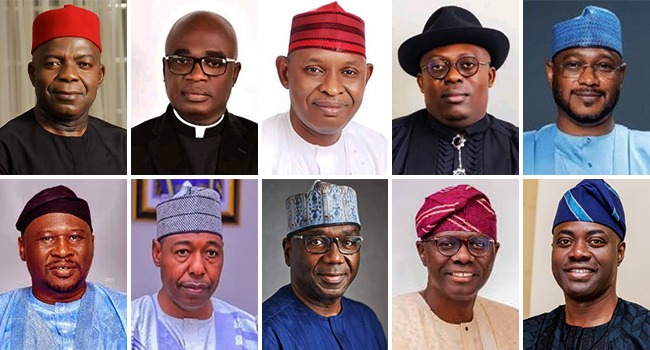




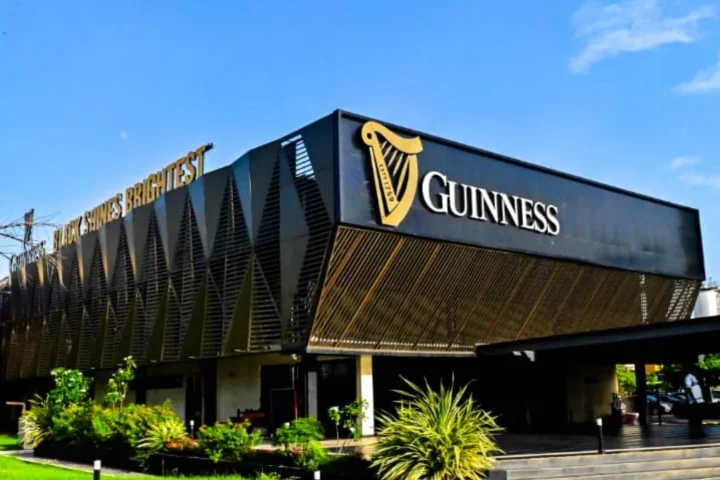
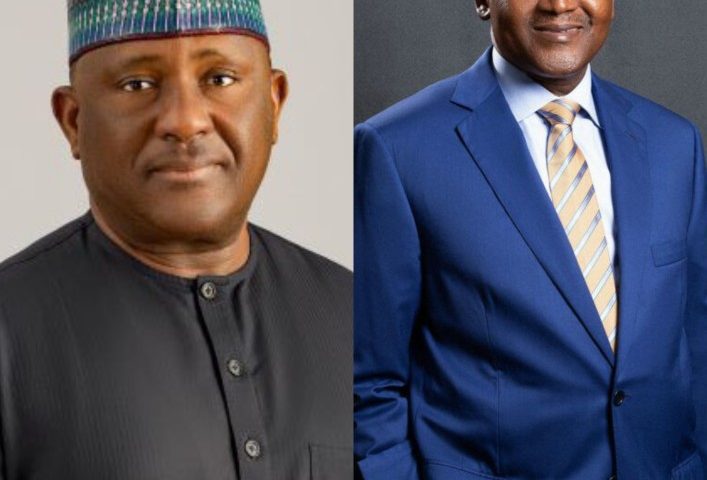






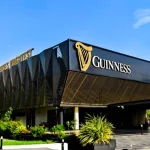
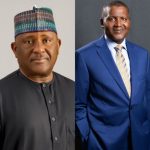
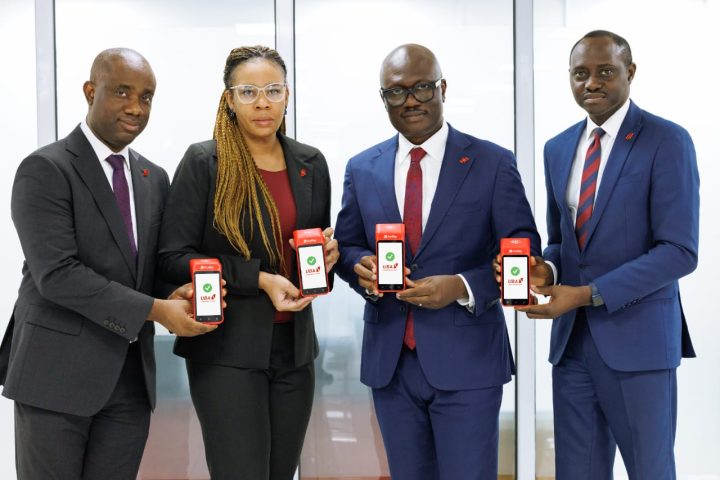
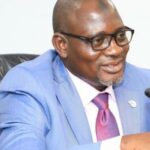
Follow Us